
Werner Heisenberg
Werner Heisenberg is known through the history as one of the key figures of the quantum revolution, which changed the approach to understanding the world. He was born in Würzburg, Germany, and raises to important discoveries and became one of the founders of modern physics.
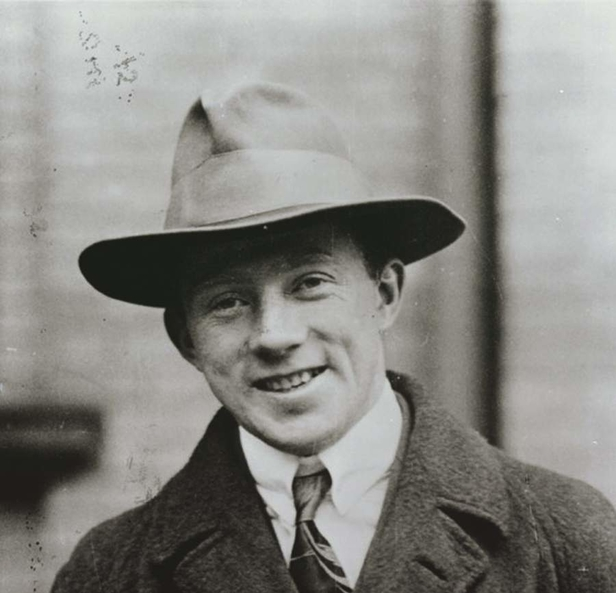
Heisenberg had a passion for academics and wanted to do his Ph. D. in quantum mechanics. The quantum realm interests him more because of his doctoral studies in Munich and trained under Max Born and Niels Bohr in Copenhagen.
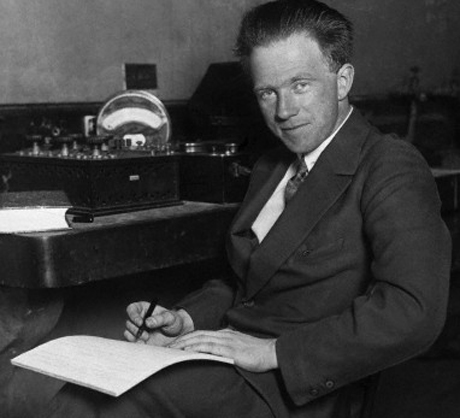
Heisenberg also served important positions in University of Leipzig, Kaiser Wilhelm Institute and in the Max Planck Institute. Day liked to work with extraordinary progression and at any rate had moral obligation to the mankind especially in the campaign against nuclear weapons production.
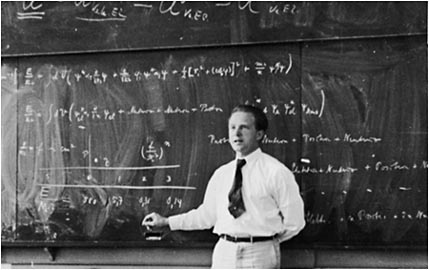
Heisenberg known for his matrix mechanics of quantum physics and uncertainty principle received the Nobel Prize in Physics. Many of these contributions paved the way for further developments, in the areas of space sciences and technology and in understanding the atomic nucleus and sub-atomic particles.
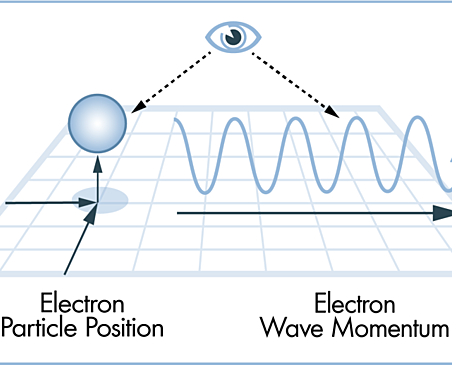
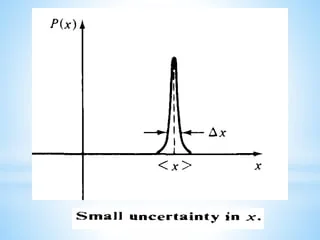
Heisenberg’s contribution towards the development of physics sciences earned him several achievements that placed him among great scientists in the society.
Heisenberg was extremely conscious about the moral use of know-how, particularly, atomic bombs. Thus, he contributed greatly to promotion of peaceful relations and scientific work as concern with the application of physics in society.
Werner Heisenberg has remained at the forefront of scientists adorning the annuls of history. His work is well renowned to this day as being one of the pillars of quantum mechanics, and continues to engage, puzzle and educate people who are trying to make sense of the existence.